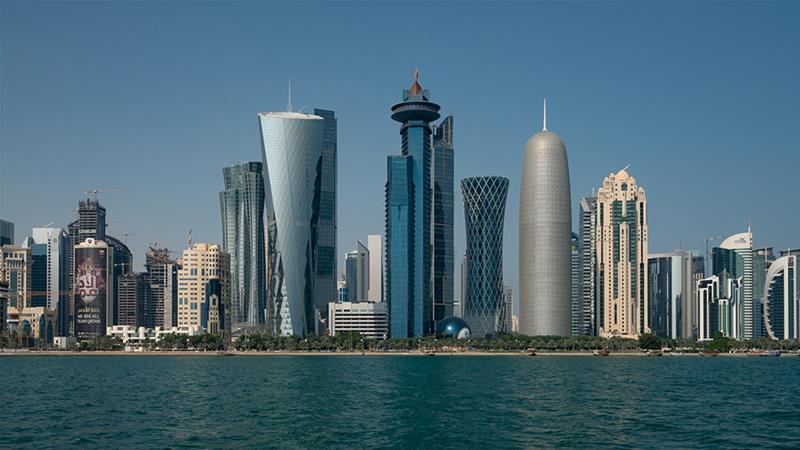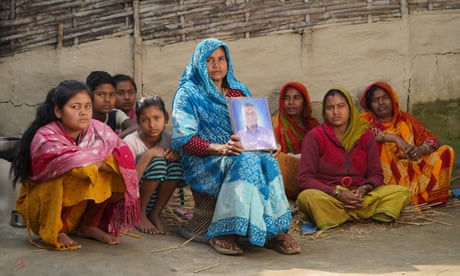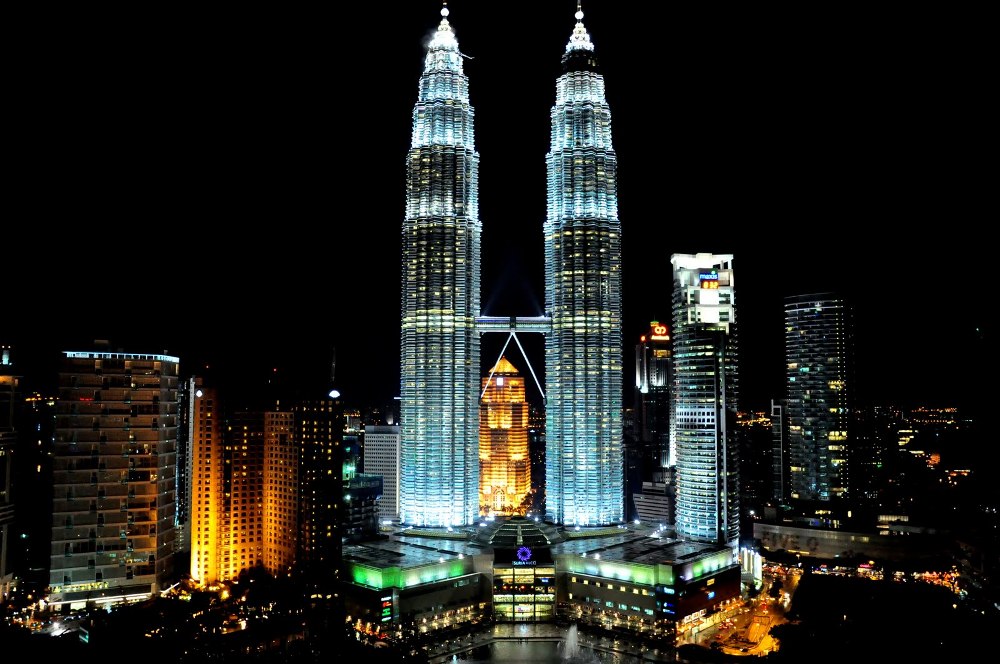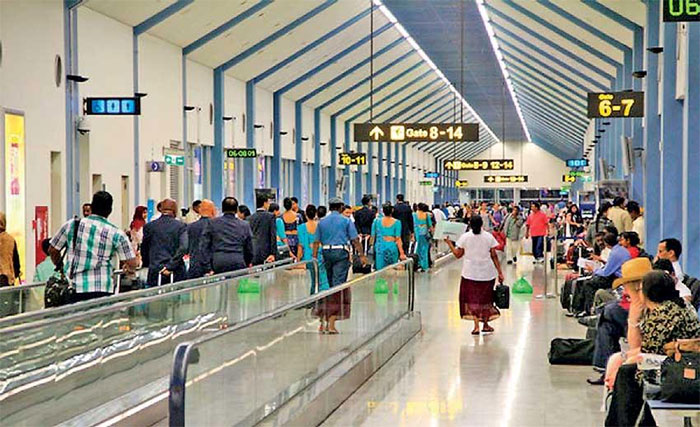
Thousands of poorly paid migrant workers in Qatar are being forced to return home before the World Cup, leaving many fearing they will be left jobless, unable to support their families and deep in debt.
In some cases, workers say they have been sent back before the end of their contracts or without receiving their full salary or allowances.
The moves to send migrant workers back to their home countries before the beginning of the Fifa tournament appears to be linked to a government circular, published last year and seen by the Guardian, which ordered some contractors to complete all works by mid-September and prepare a plan for workers’ leave that “maximises the reduction in the number of workers in the country” in the run-up to the World Cup.
On the sweeping promenade that skirts the bay in Doha, a red clock in the shape of Qatar’s World Cup logo counts down the days until the tournament begins.
When the Guardian visited in the summer, hundreds of migrant workers dressed in blue overalls were working in the stifling humidity to complete a revamp of a popular walkway and the road alongside it, known as the Corniche, which is expected to be a destination for thousands of tourists and football fans once the tournament begins.
The Guardian interviewed 25 labourers employed on the Corniche. Most said they had expected to be in Qatar for two years but were being sent home far sooner – in some cases after just 10 months. Many of those interviewed have now returned to their own countries.
Some workers who spoke to the Guardian said they had not been working long enough to repay the huge sums – equivalent to four or five months’ basic salary in Qatar – that they borrowed to pay recruitment agents in their home countries to secure their jobs in Qatar.
“We don’t want to go back. We’re poor so we need to work,” said a Nepali worker, who said he had been forced to pay the equivalent of almost £1,000 in illegal recruitment fees to secure the job. “I have not yet paid back the fees. I will be in loss if I’m sent back.”
Others were in a state of confusion, saying they were being sent home but had been told they may be recalled after the World Cup. They are now facing up to six months with no salary while they wait to see if they will be able to return.
All the workers interviewed said they had no choice but to leave. “Many have already been sent and others are on the list. If your name is on the list, you have to go,” said one.
Many blamed the World Cup for the sudden end to their work. “Everyone will be sent back because of the World Cup. It doesn’t matter how long you have been here,” said one. “What can I do? I’m helpless.”
Ansar Ali* said he paid an agent in India 100,000 rupees (£1,050) to secure his job. To afford the fee, he borrowed money at a steep 10% interest rate, but calculated that over two years he could repay the debt and still earn enough to support his wife and two sons.
But only 10 months after arriving in Qatar, he was now expecting to be sent home at any moment. “I don’t know when I’ll be sent, but I know I’ll have to go. Two or three of my friends have already been notified,” he said.
“How will I survive when I go back? How will I pay back my debt?” he asked as he walked to a currency exchange to swap Qatari riyals for Indian rupees.
The workers interviewed by the Guardian are employed by UrbaCon Trading & Contracting Company (UCC) and InfraRoad, both subsidiaries of UCC Holding, on a project to upgrade the Corniche.
Most of the affected workers appear to have been hired on short-term “project visas”, but say they were told they would be employed for at least two years. Letters from InfraRoad offering workers jobs in August 2021 – after the government circular was published – appear to back this up.
The letters promise annual leave and a return air ticket after two years, and require a two-month notice period after two or more years of service.

Some workers blamed recruitment agents in their home countries for falsely promising them a two-year contract. Others said the responsibility lay with the contractor. “It’s the company’s fault because they made the agreement with the agent,” says one.
Research by migrant-rights.org, an organisation that advocates for the rights of migrant workers in the Gulf, uncovered similar cases among workers recently sent back to Nepal by a number of Qatar’s biggest construction companies.
Some workers told migrant-rights.org that they had not received their full salaries, overtime pay or end-of-service benefits. Others said they had been sent home before the end of their contracts.
One, who had worked in Qatar for 12 years, including on a number of World Cup stadiums, said: “How nice it would be for the workers like me to watch the games at the stadiums we ourselves made. But who cares about us? There’s no value for labourers in that country. I feel like the World Cup is an event of and for only rich people.”
May Romanos, Gulf researcher at Amnesty International, said: “It is crucial for the Qatari government to put workers’ rights at the forefront of any decisions and ensure that the very people who made Qatar’s dream to host this World Cup possible do not face further abuses and violations as a result.”
In a statement, a Qatari official said there was no government requirement for companies to repatriate employees or reduce their workforce before the World Cup.
“Any independent measures by companies to reduce their workforce must be taken in accordance with the law and must not adversely impact the wellbeing of employees,” it said.
The statement also said employment law allowed employers and employees to terminate a contract before the end of its term as long as they adhered to the legal notice period. Foreign workers have the right to change jobs if their contract is terminated and legal procedures are in place if an employee does not receive their wages or allowances at the end of their contract, it said.
The Qatari government also said a fund to support workers, including by reimbursing unpaid wages or benefits, had paid out £152.5m by last month.
“Qatar is committed to a fair and effective labour system, and we value the indispensable role of foreign workers in our economy and wider society,” the official added.
UCC Holding did not respond to repeated requests for comment.
* Name has been changed to protect his identity




